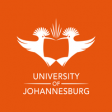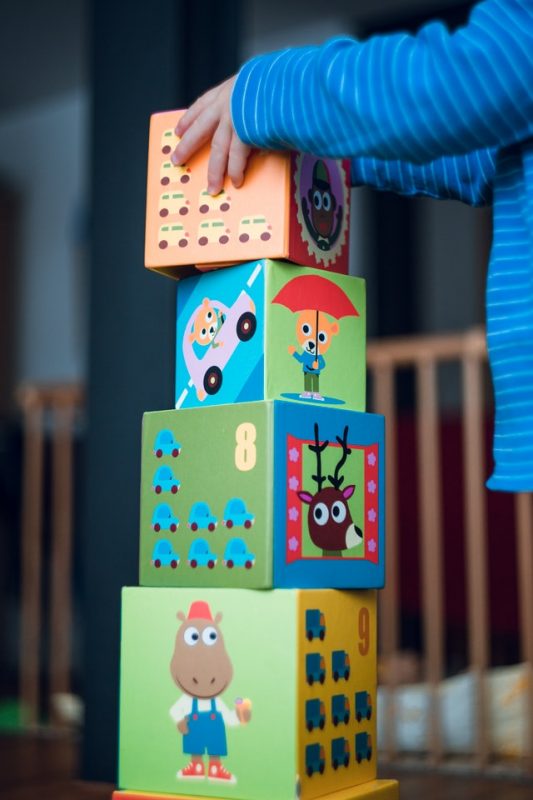Authors: Pirjo Aunio, Riika Mononen, Lara Ragpot and Minna Törmänen
What kind of mathematical skills do children have when they enter school? It is important to find out, because those who lack numeracy skills at an early stage are known to lag behind throughout higher education.
The main aim of this study was to investigate the early numeracy performance of children starting primary school in a sample of Gauteng schools. The authors posed the following research questions:
- What is the difference between boys and girls in early numeracy performance?
- What are the differences in performance between the children with different home languages, all of whom learn in an English medium school and were tested in English?
- What is the difference in performance between children in public and private schools?
- What are the differences in performance in children between individual schools?
- How do listening comprehension skills relate to numeracy skills?
- How are low-performing children distributed according to individual schools and school type?
Numeracy skills were assessed using the ThinkMath Scale, validated by the Number and Quantity Concepts subtest. Listening comprehension was measured using a text from a children’s story.
The study found that the early numeracy skills of South African children varied. Differences related to home language of the first graders in the English-medium schools, school type (whether public or private), and the quality of individual schools. The performance of children in public schools was lower than that of children in private schools. English-speaking children outperformed children who spoke some other language at home, except for Afrikaans.
The researchers concluded that: adequate educational resources and targeted numeracy evidence-based pedagogical support should be aimed at public schools in low socio-economic areas in particular. It is also important to consider teacher development in collaboration with school-based support teams and district officials.


